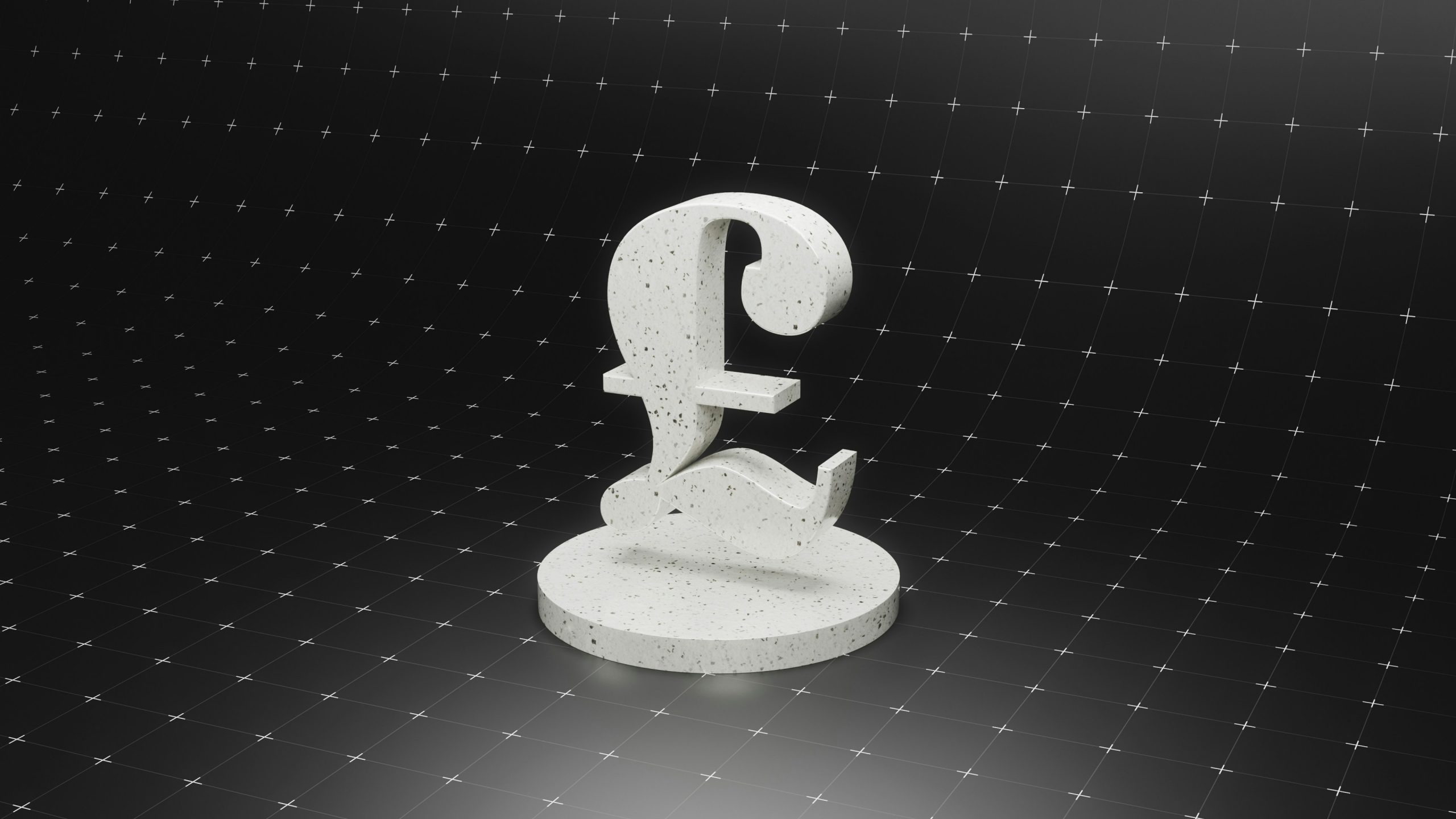
UK industry advised to take part in remote gambling tax consultation to avoid an “economically unviable” sector, burdened by higher taxes.
UK gambling stakeholders have been advised to take part in a government consultation on remote gambling tax reform to prevent the government from creating an “economically unviable” sector, law firm Bird & Bird’s UK partner Zoe Feller told listeners on its global gambling webinar this week.
In April, the UK government opened an industry consultation, as it proposed bringing the current three-level tax rate system for remote gambling under one consolidated rate.
Currently remote activities are taxed via the Remote Gaming Duty (RGD) at 21% of operator profit, General Betting Duty (GBD) at 15% of profit and Pool Betting Duty (PBD) at 15% of net stake receipts.
The industry has since expressed concerns over the changes, believing it could result in all verticals facing a 21% duty.
Feller told listeners that the more information and data contributed to the government’s tax consultation, the greater the chance it will establish a new tax regime that actually works for the sector.
“The fear is that all of the single tax [rates] will be applied at 21%,” Feller said. “Given that this is a duty, it could make the whole sector become economically unviable.”
Remote Betting & Gaming Duty consultation
Feller also said that any “fears expressed during the consultation” about the reform would hopefully be taken on board, if the government moves forward with its plans for a single remote betting duty.
“I would really encourage people, either through representative bodies or in their own right, to answer the questions in the conduct and give the government more information, because the more data the government collects on the conduct, the more likely it is to result in a tax that actually functions and works,” Feller said.
Feller also flagged industry concerns around the infrastructure required to manage the new Remote Betting & Gaming Duty. She warned a new system may require additional administration work for operators.
It was also noted the government’s proposal has not covered all aspects of what can be taxed within the sector, including prize draws, a rapidly growing vertical that currently does not face the same regulatory scrutiny as traditional lotteries.
“The conduct talks about the tax treatment of prizes; what it doesn’t cover is the tax treatment of prize draws, which is surprising given the focus last year from the gambling white paper on prize draws,” Feller said.
The consultation process for the Remote Betting & Gaming Duty is expected to run over the next eight to 10 weeks. Submissions will close on 21 July. The UK government is expected to lay out its finalised plans in its 2025 autumn budget.
Industry stakeholders already skeptical of tax duty reform
The UK gambling sector has already expressed various concerns that the government could be creating a difficult terrain to navigate for operators.
Bird & Bird’s Feller noted that the government is seeing the new consolidated Remote Betting & Gaming Duty as a simplified version of the existing regime. However, this is not how many in the industry see it.
Betting and Gaming Council CEO Grainne Hurst previously warned the proposed tax reform could lead to higher taxes overall. Hurst said in April that it could be a “self-defeating” move by the government and one that “makes a mockery” of its own growth strategy.
“Any potential further increase in taxes on our members, so soon after a white paper which cost the sector over a billion pounds in lost revenue, will not raise more money for the treasury,” BGC’s Hurst said in a statement to iGB.
There is a wider concern that a tax hike could simply help fuel black market expansion.
Gambling consultant Steve Donoughue told iGB that black markets are what set future tax rates as gamblers move away from legal operators to illegal competitors offering more lucrative offers.



























